Corruption is a cancer destroying Africa
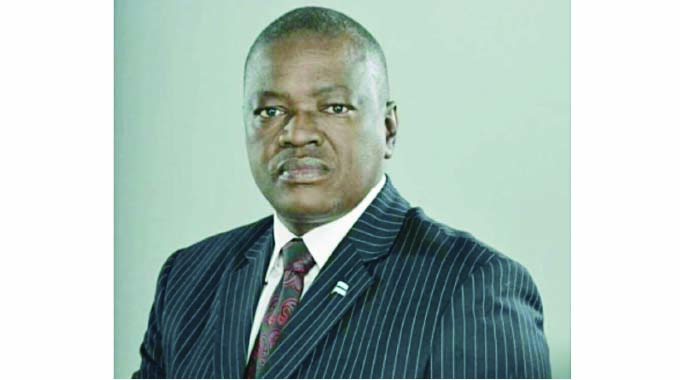
Marshall Rufura Ndlela, Opinion
Undertaking any form of dishonesty, fraudulence, embezzlement and abuse of power erodes the intrinsic value of Africa. Corruption is a complex economic, social, and political phenomenon that affects all countries. Corruption undermines democratic institutions, slows economic progress and development. The African continent accounts for 40 percent of the world’s volume of gold and close to 90 percent of its platinum and chromium. The largest deposits of diamonds, platinum, phosphates, bauxite, cobalt and uranium in the entire world are in Africa. Africa has plentiful natural resources, but much of its economy has remained agricultural, and subsistence farming still engages more than 70 percent of the population.
The combined Gross Domestic Product of Africa is US$3,14 trillion, with a population of 1,26 billion. The estimated value of African mineral resources amounts to US$130 trillion. This represents untapped or unmined resources with a potential of amplifying the national output and activities. Scientists continue to discover new types of minerals in different parts of Africa.

In South Africa, a small rock inside a diamond was discovered. The rock is believed to contain a mineral that has never been found before. Recently, the Democratic Republic of Congo also discovered a rock that generates electricity, and the rock has garnered a lot of attention from scientists and engineers. Somalia unearthed two alien minerals called meteorite near the town of El Ali which do not naturally occur on earth. Scientists are pondering their possible uses. Botswana discovered an ancient diamond that contains a never been seen before mineral that came from deep inside earth known as davemaoite.
However, all these discoveries appear to be negatively correlated to the economic performance of some African countries. The levels of corruption, poverty, unemployment and social ills are soaring on a yearly basis. The levels of corruption in some parts of Africa are on an aggressive and uncontrollable growth path. Research carried out by Transparency International, using the global corruption barometer reports a massive increase in the levels of corruption in some parts of Africa. In general, corruption is devastating African economies. The Daily Maverick of South Africa carried out research about the perspectives of Africans on business corruption. The findings were very worrying, as they indicated that the general population think that 36 percent of African business executives are corrupt. On the other hand, Oxford researchers claimed that political corruption is more prevalent in Africa than in any other global region.
Corruption erodes value and well-being of governments, individuals, families and societies. Even though differing hugely across countries and public entities in Africa, corruption undermines the chances of hundreds of millions of citizens for a progressive, stable and prosperous future. To some extent the future of Africans has been stolen by corruption and its perpetrators. Corruption negatively affects the African continent in a multifaceted and complex manner. Africa is suffering from different types and mutants of corruption ranging from state capture, resources smuggling, tax evasion, patronage links, political vote buying and rigging, sponsored terrorism and organised crime.
Corruption in Zimbabwe has become prevalent within its commercial, political, private and civil sectors. The findings of a 2000 survey commissioned by Transparency International Zimbabwe found that Zimbabwean citizens regarded the public sector as the most corrupt sector in the country.
Fortunately for the country, President Mnangagwa has been clear on his zero tolerance on corruption. He introduced two serious anti-corruption units, namely Special Anti-Corruption Unit (SACU) and the Zimbabwe Anti-Corruption Commission.
The current campaign for sanctions by opposition political leaders and groups is a modern form of political corruption that wasn’t supposed to find its way in Zimbabwean society.
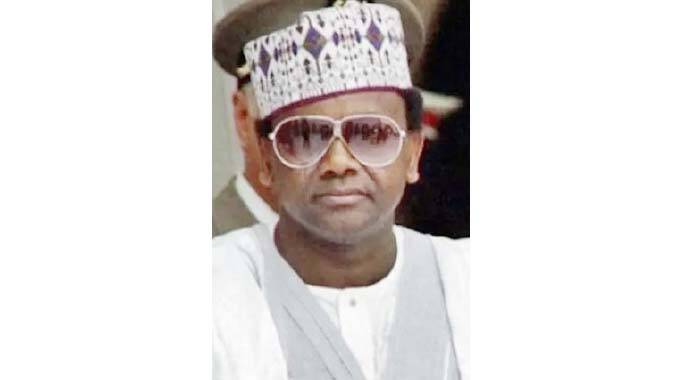
Sani Abacha
Corruption in South Africa includes the improper use of public resources for private ends, such as bribery and favouritism. South Africa has a robust anti-corruption framework, but laws are inadequately enforced and accountability in public sectors such as healthcare remain below par. In addition, internal sanctions have been employed to discourage whistle-blowers from reporting corrupt activities in both the public and private sectors. Although South Africa is subjected to various types of corruption, three notable forms are wasteful expenditure, state capture, and corruption related to or using Black Economic Empowerment (BEE) legislation. Recent state capture scandals involving South African politicians and the Gupta family have brought these types of corruption into the public spotlight. Petty corruption is another relevant issue affecting public services and day-to-day life in South Africa.
Corruption in Botswana is primarily used by the small, state elite. It is these individuals that have used their power to create patronage networks and have the interests of both the public sector and private sector blur together. Combating this form of corruption is much harder. It is entrenched and the small minority that is benefiting from this corruption can use their power to ensure that it continues.
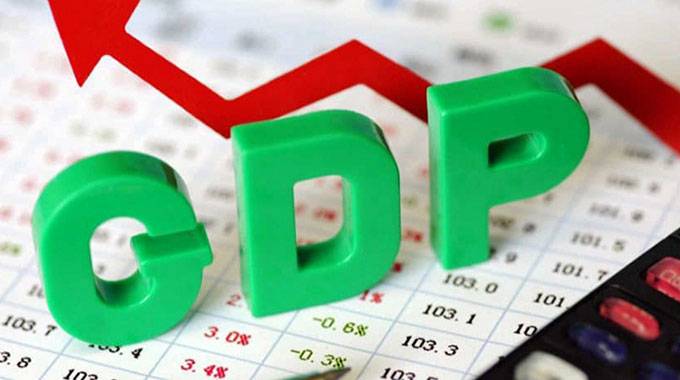
President of Botswana, Mokgweetsi Masisi, has also had a hand in combating corruption in his country. At a regional conference dedicated to combating corruption on the African continent, President Masisi gave a speech as the guest of honour, where he called on governments to implement corruption-fighting policies.
Nigeria used to be synonymous with corruption just a few years ago. Unscrupulous leaders pilfered the national coffers and stashed away billions of dollars in foreign bank accounts. By some estimates close to US$400 billion was stolen between 1960 and 1999. Sani Abacha alone is estimated to have stolen the equivalent of two to three percent of the country’s GDP for every year that he was President. Nigeria’s endemic corruption is the country’s greatest challenge to its stability despite anti-graft efforts from the government, which raises questions about the Nigerian institutions’ ability to tackle corruption.
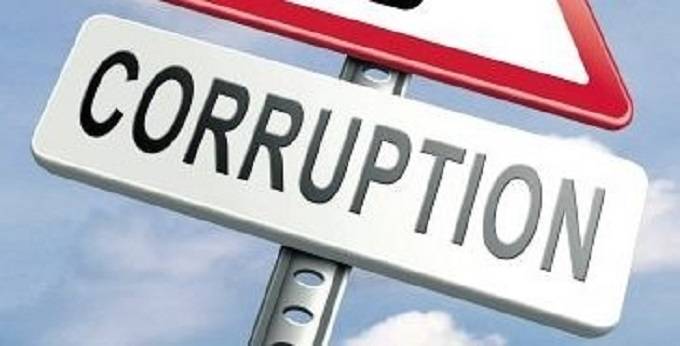
Corruption
In Zambia, corruption remains pervasive, yet the situation is considered relatively better when compared to other countries in the region. Despite several steps taken by the previous government in order to fight corruption in Zambia, there has not been a dramatic improvement in the public perception of anti-corruption efforts over the past years.
Corruption is cancerous and destructive. It is like sand that found its way into the economic engine of Africa.
Marshall Ndlela is a Zimbabwean based in South Africa. He is a holder of a Master’s Degree in Finance and Accounting from the University of Chichester, England. He can be contacted on [email protected]

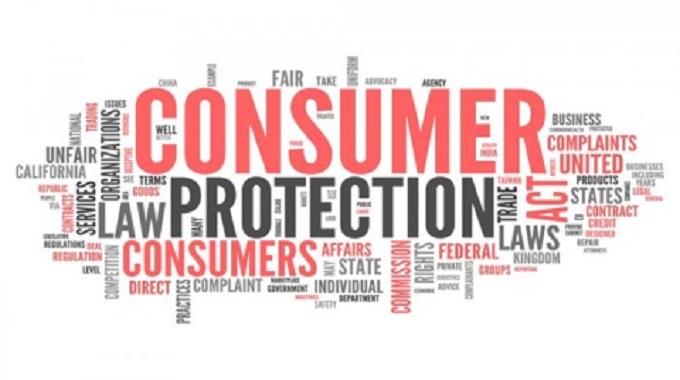









Comments